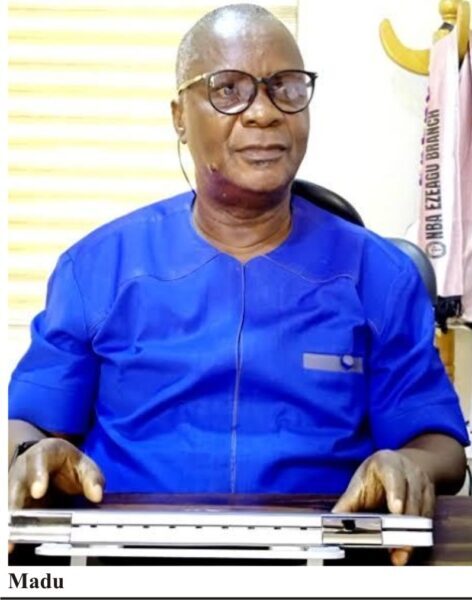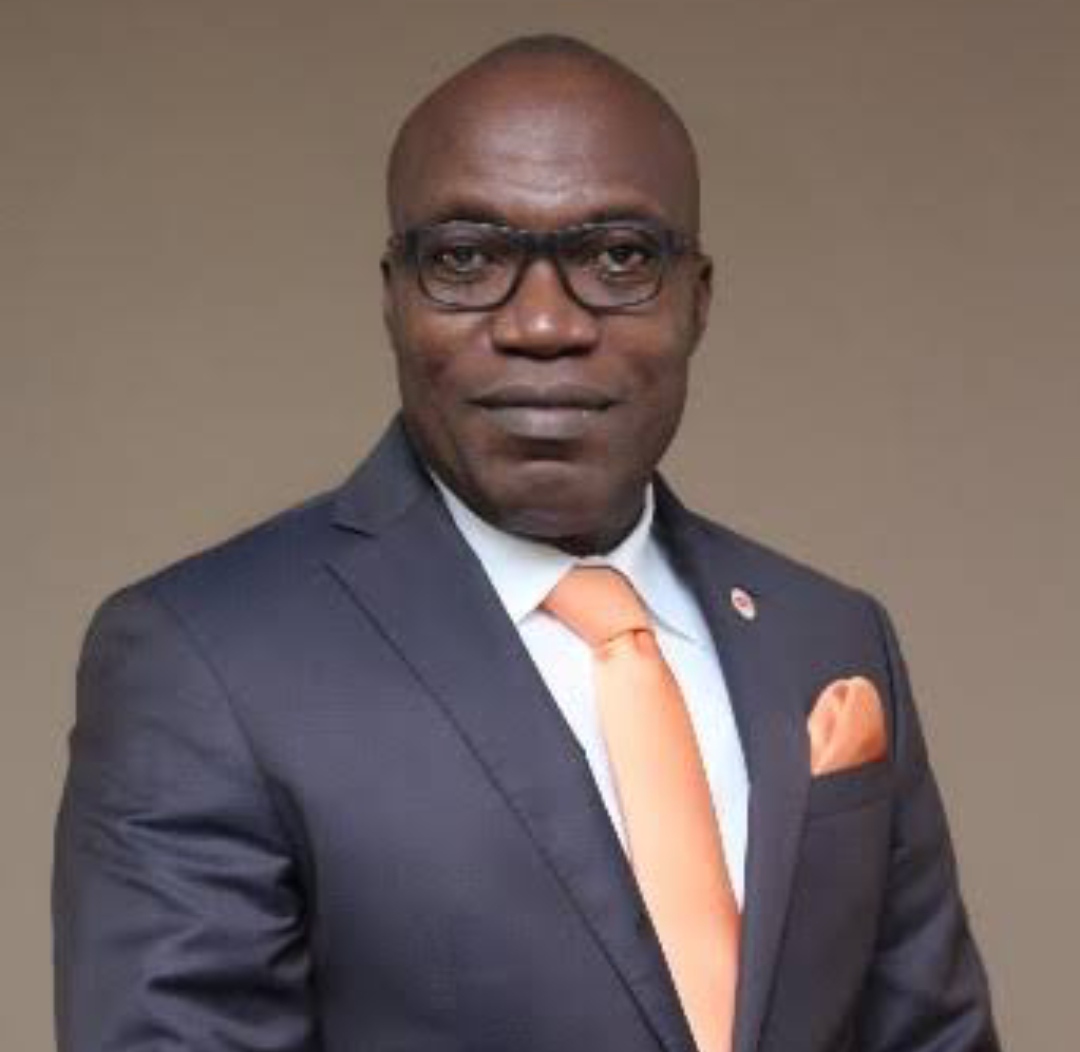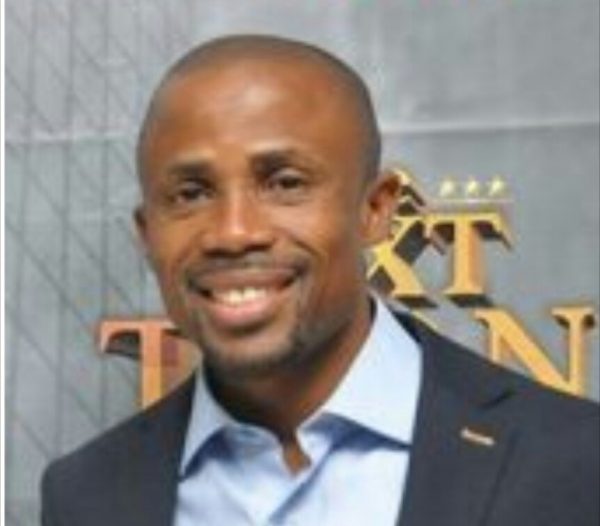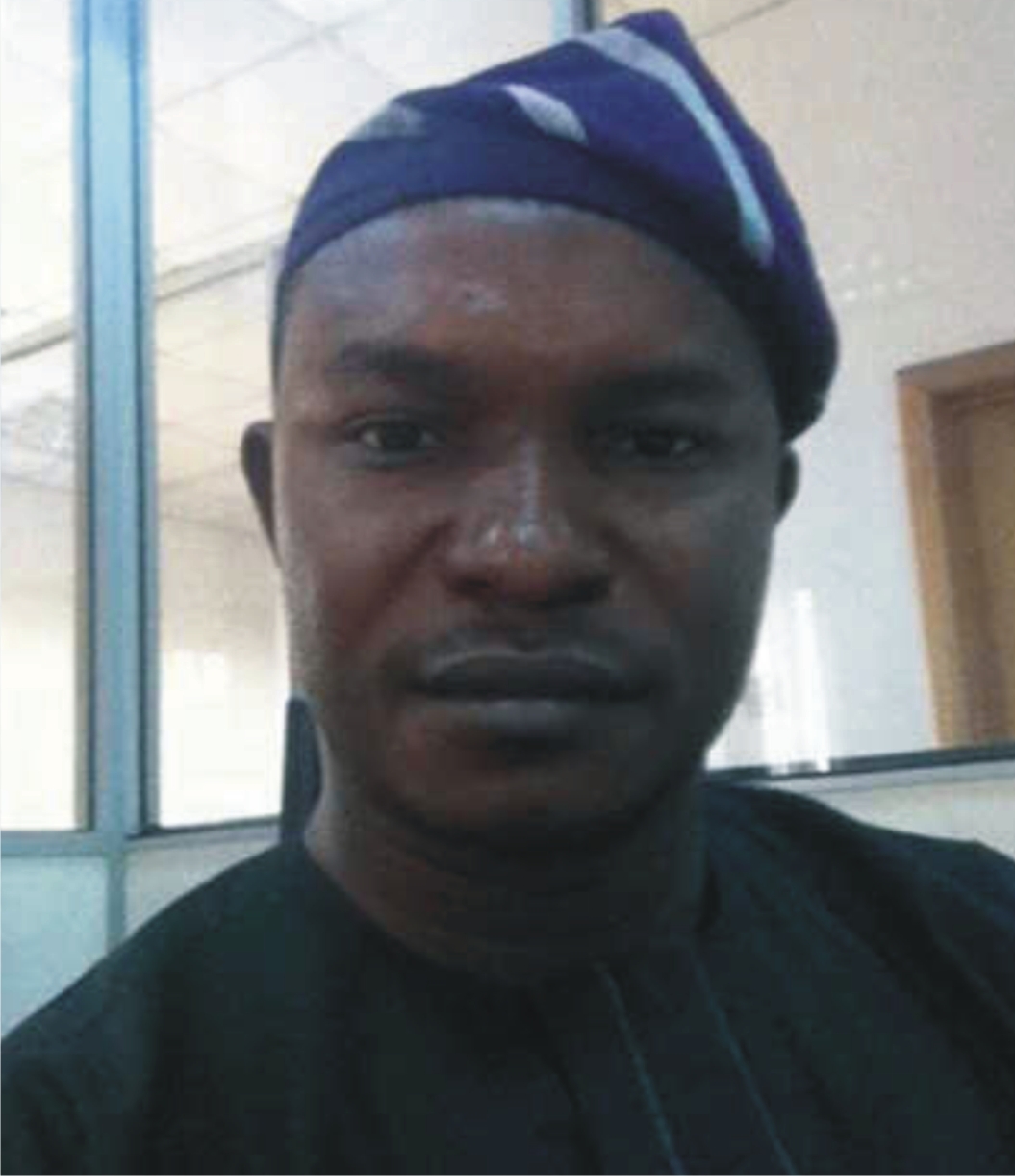Why I Have Never Been Excited About AfCFTA- Dr Madu Obiora

Dr. Obiora Madu is the Director General of African Centre for Supply Chain (ACSC) and Chairman/CEO, Multimix Group. He was also a recipient of the 2014 National Productivity Order of Merit Award from the President of the Federal Republic of Nigeria.
In this exclusive interview with BABAJIDE OKEOWO, Dr Madu speaks about different issues ranging from the onerous task ahead of the new Minister for Marine And Blue Economy, Gboyega Oyetola, to the reasons he is not excited about AfCFTA amongst other issues. Excerpts
The Euphoria Surrounding The Creation Of The Ministry Of Marine And Blue Economy Is Gradually Subsiding, How Can The Minister Achieve His Mandate?
I would only say that we are yet to optimize the benefits from that sector. I say so because there are agencies already like the Nigerian Shippers’ Council, NPA, NIMASA, NIWA, and the rest of them that operate within that very particular area.
So, I think the first thing would be to, I don’t know what his background is, but the fact is that whatever it is, he can use the professionalism of those who are already there and who have been there.
He needs to make effective use of people who are there to first look at the potential, which I consider quite heavy. Because that very particular segment can give Nigerians almost as much money as oil if properly accounted for.
So that is that. He must find out, explore the potential, look for the low-hanging fruits, and then block the revenue leakage. Then we can be well on our way to recovery. So, he has a very serious task of leading these agencies under him, turning them to quasi-public sector agencies. That is, I mean, inject some private sector mode of operations. It will work better.
Promotion should be based on key performance indicators and how you perform. So, these are some of the things for some of these agencies that are very critical.
He must, first of all, appoint professionals who understand the sector, not those who use it for political patronage. That’s one.
Two, change the system. And then push people, incorporate private sector attitude and operations there. If that happens, we shall see results, massive results.
You Talked About Revenue Leakage, How Can This Be Blocked?
Corruption lives in Nigeria. So, it’s not only in that very particular ministry or sector that it is.
So that question is like, what will Nigeria do? It’s difficult as it is the same with other sectors. So, it has to be a holistic thing. The way forward is to start with key development indicators. First of all, I don’t know how we’re going to do it because you are complaining that a lot of people are not employed. But the truth is that most of these agencies are overpopulated.
One of the agencies in another ministry tried to bring in this private sector thing I talked about and change the system, the agency sacked about 360 redundant people. Those people went to court. After three years they got a favourable judgment.
The court returned them to work and ordered the payment of the three-year salary, which they were not paid. So, who is losing?
If you talk about reducing the numbers, then people will start asking you, where will the people you are removing, where should they go to? That’s the problem. At some point, you have to be able to close your eyes and draw a line.
We’re not helping ourselves. That’s part of why you can’t get quality service. Once an office is overpopulated, people get confused. In fact, people will be jamming themselves as they move about.
It’s a tough one. I don’t know where they will have to start. I know that if you want to bring in this private sector mode of operation, you’re obviously going to meet challenges. I just told you one story of what happened somewhere. So, I don’t know. It’s a difficult situation.
It’s a very, very difficult situation. But should we now continue in the old order where the leakage is existing? The answer is no. But do we have a political will to do what must be done? That’s a different ball game altogether.
The Issue Of Extortion Along The Port Access Roads Has Been One That Has Refused To Go Away, The Truckers, The Logistic Companies, They Will Complain About The Same Issue, It Seems That We Are Lacking Political Willpower To Address This Issue, What Practical Step Can We Take As A Country To Rid Our Port Access Route Of These Extortionists?
Let me tell you something. I think we are not serious about where we’re going. First of all, look at the World Bank Index on the Ease of Doing Business and port ranking, our position currently, I think, is 110 out of 160. And you know the five pillars that are measured?
Access to the port is one of them. Logistics infrastructure is one of them. Ease of bringing in goods and sending goods out is the other one. Another one is the ease of clearance of good. And the other one is timeliness.
If I ask you to judge Nigeria based on what I have said now. I’m sure you probably won’t put us in the position where we seem to occupy.
So, what I’m trying to say is that I don’t know whether those in authority are looking at some of these things.
I don’t know. We have talked about that so long. Every little thing becomes an opportunity to steal, to exploit. So, at one point in time, the electronic call up system was developed, what has happened to it?
Because, I think if you come up with these electronic things that will cut off these things, people will deliberately damage it. So if you ask me to suggest what happens, I think ICT will solve the problem.
I was in Malaysia and I saw ICT at work everywhere in their ports and outside the ports. They use what they call RFID; Radio Frequency Identification. If you come into the port, you will ask yourself, are there people even working here as there is almost no human contact. Because it takes a few minutes for a ship that’s berthed for the container to be off.
During the trip to Malaysia, when we toured the Malaysia Ports, we were discussing with a company, the one who put the RFID system in the Malaysian Ports. And the guy asked, where are you guys from? I said from Nigeria and the guy said that Nigeria advertised for a bid for RFID about eight years ago and that their company applied but they never heard anything back from us.
So, what that means was that as far back as eight years ago, people knew that if we installed an RFID system it would do us a lot of good. But no, it wasn’t implemented.
And part of what is the challenge is that people lack soft skills. Soft skills like empathy, and putting yourself in other people’s shoes. And the rest of them. Because if you have empathy, you will not, you can’t destroy something because you are not getting what you want.
Nigeria Is A Signatory To AfCFTA, Yet, Several Years After, We Are Yet To Start Participating And We Are Losing Billions Of Dollars In The Process, What Can We Do To Start Reaping From The Benefits Of AfCFTA?
You see, you guys are shouting about AfCFTA as if it is the only exporting opportunity available to Nigeria. What happened to AGOA with the US where an exporter from a sub-Saharan African country can ship about 6,400 items? What did we do with that? I have never been excited about this AfCFTA.
Don’t get me wrong, It’s a beautiful thing. The single largest market in Africa and in the world. $3.7 trillion, 1.3 billion population. When you are counting it like this, it sounds very, very fantastic.
First of all, where is our strength in this very AfCFTA? Because when I was on CNBC the other day, the guy said that Nigeria ships cocoa and whatever. I said you ship raw cocoa as usual. Where is the difference? If we are able to process it, you can create more jobs.
From a professional point of view, our strength in AfCFTA for now is services. Services export. Because you can’t ship cocoa to Ghana. But if you were to process it, you could ship chocolate to Ghana. Yes. If you produce it, you can ship it to any country in Africa.
So, value addition is necessary for all these things. I had some guests from Kenya some time ago. Come and see how they were scrambling for shea butter. That means that there’s a market in that region. We are the highest producer of shea nuts in the world. We produce 60% of the world’s shea.
Check out exporting countries for shea nuts. You won’t find us. I don’t know. It’s quite painful. So, what I’m saying in essence is that we need to do our homework.
In fact, one of them was saying that AfCFTA should be driven by blockchain. And we have the capacity to build the blockchain that will drive it.
I’m not surprised that we are yet to start taking advantage of AfCFTA, after how many years since it took off.
But the point is that if we check our strengths and identify low-hanging fruits there, we can do better. Do you know the number of pieces of shoes that leave Aba on a daily basis?
In fact, before AfCFTA, a lot was happening. If you go to some markets in Lagos, you see 10 to 12 lorries heading out to other West African countries. Those things are not recorded as exports. They are not recorded. Statistics is even part of our problem.
We don’t know how much export we are doing. Maybe we know how much imports we are doing because it’s coming through the ports. So I think it is tough, but it is possible. The political will is what we need. We need radical change, radical mindsets before those things are possible. We have marched backwards for a very long time. It’s not going to be easy, but it is possible.







